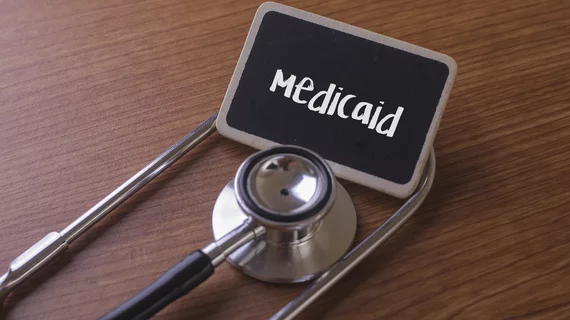Kaiser Permanente's 'secret' Medicaid deal with California raises eyebrows
California awarded Kaiser Permanente with an exclusive Medicaid contract that would permit the company to choose its own enrollees and increase its influence in the state, according to Kaiser Health News, which is not affiliated with Kaiser Permanente.
The backroom deal has been criticized by Kaiser’s competitors who charge that they could lose hundreds of thousands of patients and take a big financial hit. Health plans argue the "secret deal" would saddle them with a higher proportion of Medi-Cal's sickest and most expensive patients.
Jarrod McNaughton, CEO of Inland Empire Health Plan, which covers almost 1.5 million Medi-Cal enrollees in Riverside and San Bernardino counties, told Kaiser Health News: "It has caused a massive amount of frenzy. All of us are doing our best to implement the most transformational Medi-Cal initiative in state history, and to put all this together without a public process is very disconcerting."
In a prepared statement, Bechara Choucair, MD, Kaiser Permanente’s chief health officer, said: “We are not competing with the other plans for members. We are not seeking to turn a profit off Medi-Cal enrollment. Kaiser Permanente participates in Medi-Cal because it is part of our mission to improve the health of the communities we serve. We participate in Medi-Cal despite incurring losses every year. In 2020 for example, financial losses as a result of our Medi-Cal participation totaled nearly $1.8 billion.”
According to Kaiser Health News, if approved by the state legislature, the five-year contract would take effect in 2024.
Read more from the news outlet below.
